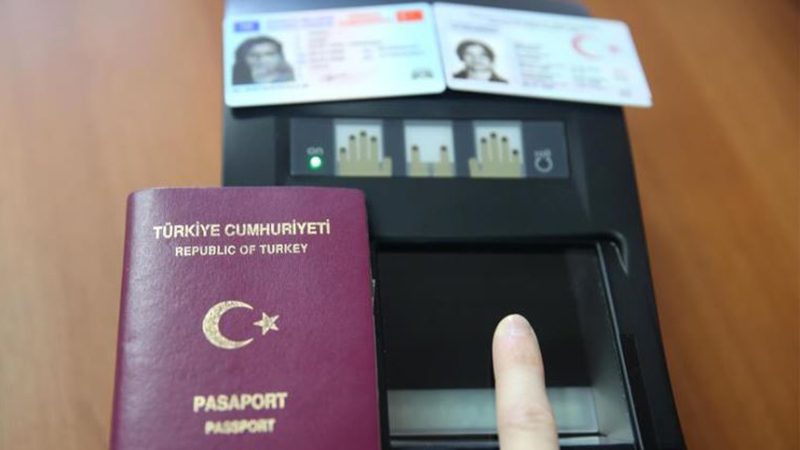Syria’s Immigration and Passports Department has obliged Syrians with Turkish citizenship to review the Palestine branch while completing their return procedures to Syria, according to a statement circulated by social media activists.
Under the new amendment, Syrian citizens who have been Turkish citizens since 2011 have to review section 235 (Palestine Branch).
The Department of Immigration and Passports has not confirmed or denied the statement through its official sources.
Tamer al-Jahmani, a lawyer with the Defense Authority for Prisoners of Conscience in Syria, confirmed the circular.
Read Also: Erdogan Calls on U.S. Forces to Leave Eastern Euphrates in Syria
Jahmani said that obtaining any nationality other than Syrian nationality has no legal value inside Syria.
Syrian law does not forfeit the Syrian nationality simply by obtaining another nationality, even if the law of the new country stipulates the renunciation of the Syrian nationality.
According to Jahmani, Syrian citizenship is dropped only by a decision of the interior minister in the regime’s government or by a judicial decision.
In 2021, Amnesty International said that several Syrian refugees who had returned home had been arrested, disappeared, and tortured by Syrian regime forces. This proved that it was still unsafe for Syrian refugees to return home.
In a report entitled “You are Going towards Death,” the human rights group documented violations committed by Syrian intelligence officers against 66 returnees, including 13 children, between mid-2017 and spring 2021.
Among these cases, five individuals who were detained in custody died after their return to Syria, while 17 people are still forcibly disappeared.
The Turkish authorities granted exceptional citizenship to Syrians as part of their procedures to benefit from degree holders and experienced persons, as well as those with work permits.
This article was translated and edited by The Syrian Observer. The Syrian Observer has not verified the content of this story. Responsibility for the information and views set out in this article lies entirely with the author.


